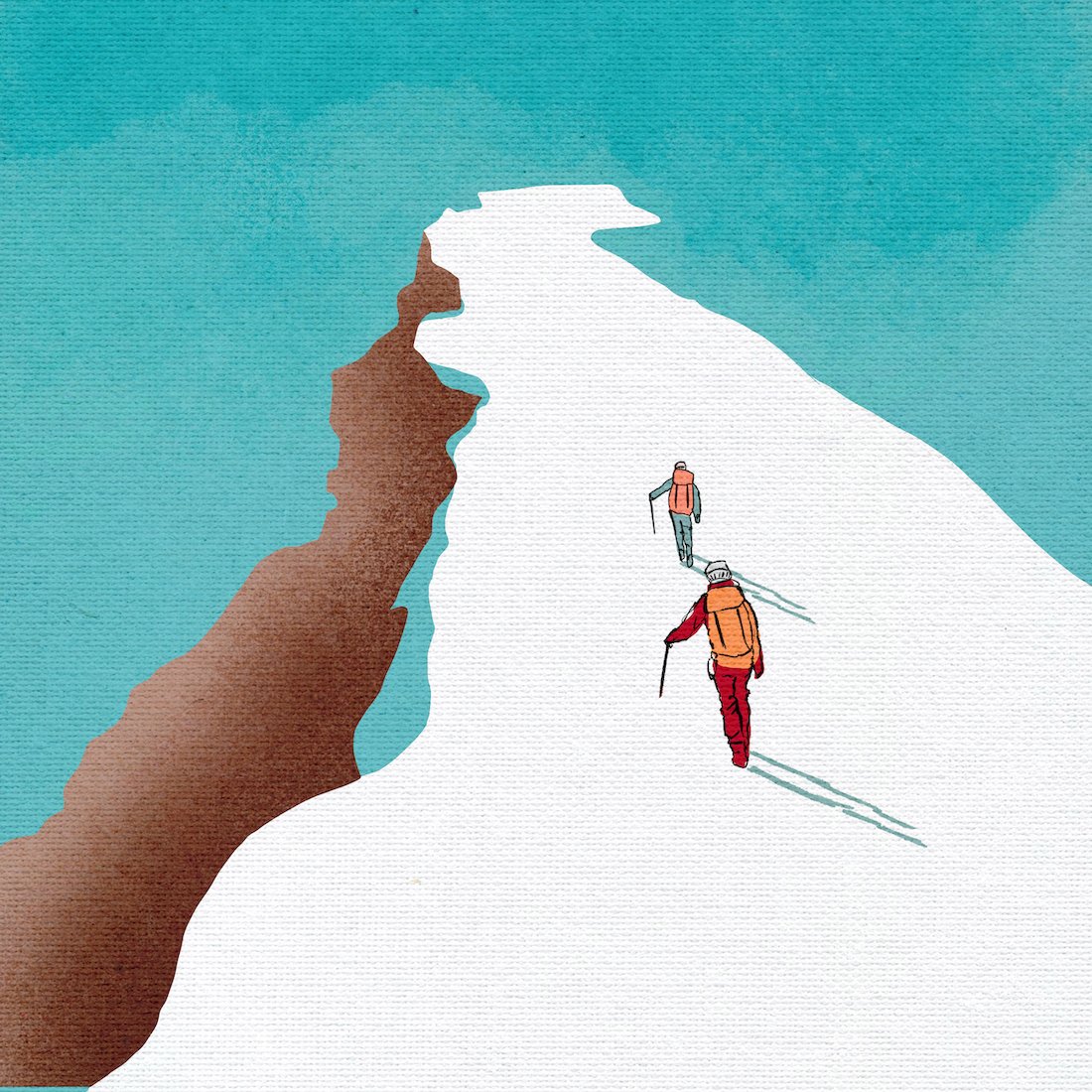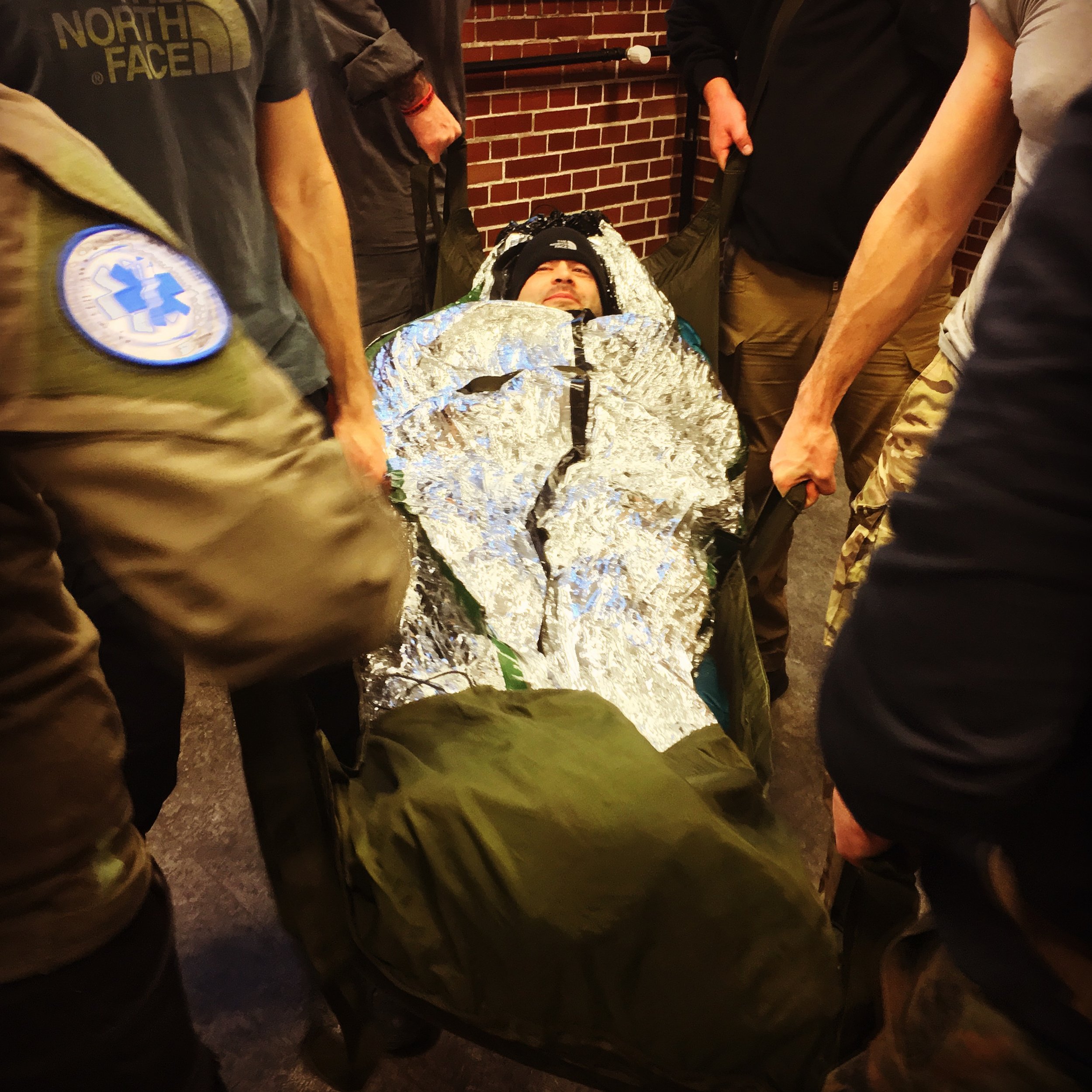~ Field Notes ~

A long run in the Hindu Kush: What it’s like to run a marathon in remote Afghanistan.
In 2017, I visited Afghanistan to meet athletes redefining their future through adventure sports. These inspiring people - skiers, mountain bikers, marathon runners and parkour gymnasts, are pushing boundaries in the direst of circumstance, and I wanted to help them document the change going on in the country.
Daily security issues plague the capital Kabul and it’s assessed that the Taliban affects almost half the country.
But there are oases of relative safety in this place. Following the athletes’ example; I sought my own challenge and decided to run a marathon in a safe region that was not plagued by conflict.

A short hike in the Hindu Kush: scaling mountains in Kabul, Afghanistan.
We meet in a quiet corner of Kabul, a neighbourhood that’s largely untouched by the security issues. I know the city moderately well and so this eases my apprehension well. Although I do understand that If I’ve misjudged anything about my plan to get alternative perspectives of the beautiful mountains, the consequences could be severe.
It’s winter and the whole city is covered in a blanket of snow, meaning that movement is much slower, but the city does appear quieter than when I was last here.

1 year on from a complete life reset
I’m lucky for many reasons: Not just because I’m surrounded by people who put their own lives on hold to limit the impact of my near-fatal fall, but also how things turned out for me since my life almost came to an abrupt end some 12 months ago.

5 things to make your expedition happen in 2023
We’ve had some difficult years making expeditions and personal goals happen recently. The pandemic, conflict, a shift in global politics, and cooling economy have conspired to increase the size and number of hurdles, however there are ways to mitigate them that you might not have thought of or be familiar with.
You may well have signed up to an ocean rowing race, to run the Marathon des Sables, or even to take on the mighty Everest – however with the current fiscal uncertainty, it’s hard to see how you can possibly fundraise if the outdoor and charity sector is struggling as we believe it might be.

Nearly dying something you love
When I write this article, it doesn’t bring back terrible memories – they were wiped clean in the accident. But the pain comes from hearing your loved ones recounting when they were told that you’ll either die or spend the rest of your life with life-changing injuries or big personality changes; hit me harder than anything else I’ve dealt with in my entire life.

Increasing my Emergency medicine skills
My search for Emergency Medical Technician (EMT) providers started with the Australasian registry of EMT (AREMT) - this is one of the better-known registries that are able to validate your skills and quantify your knowledge. This led me to PPA - a medical training provider based in Denmark, led by Nick, a former close protection Team Leader with a hugely impressive CV of medical experience (which was bought out during the course in vignettes to add real life relevance to the learning).

What it's like to take on the Devizes-to-Westminster canoe race.
It’s 3am and a voice calls my name from the darkness. It’s quiet at first, muffled by a scarf wrapped tightly around my head to keep me warm because I’m still soaking wet and bitterly cold.
“Chris – you’re steering us towards the bank”.
I groan, and think to myself “I’ve just fallen asleep again – how does this keep happening? The quiet voice is right, I have just knocked the steering handle of our 2-man kayak towards the mud bank. And if I don’t do something about it, we’ll collide and potentially put a hole in the hull, meaning we’d be out of the race.
On second thoughts, maybe that’s not such a bad thing..
